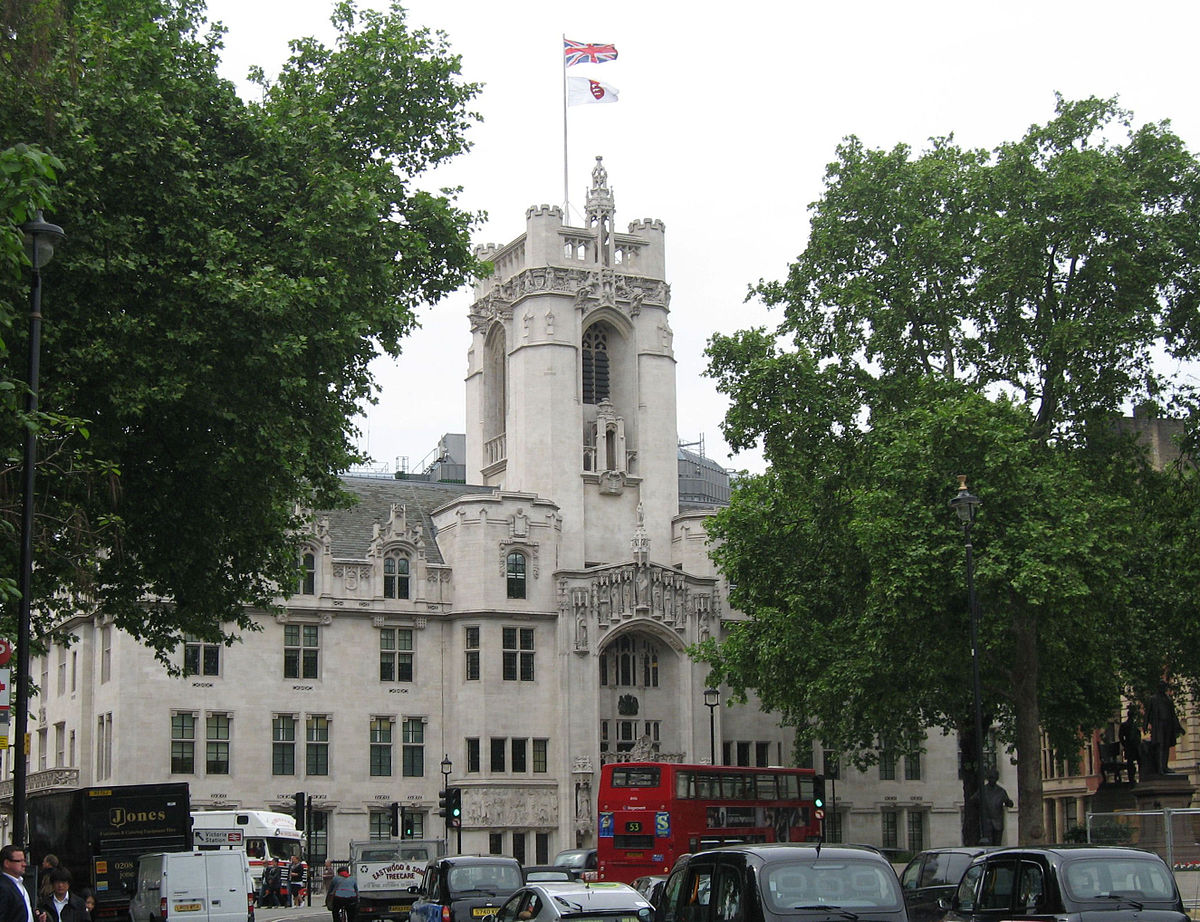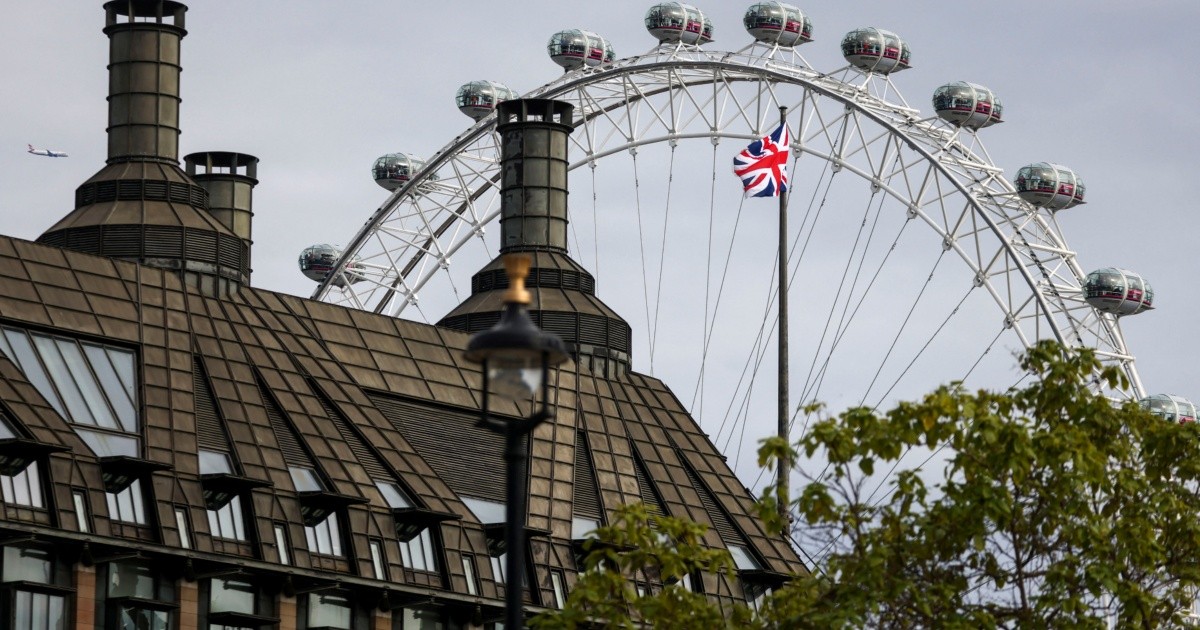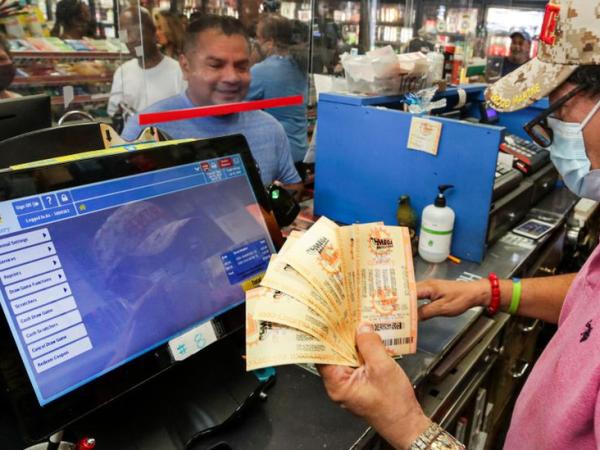CDMX, Mexico.- For the first time, the Cuban government mentions the judicial process in which they are involved in the Commercial Court of the Royal Courts of Justice in London.
With just over a week to go before the process formally begins, the Superintendence of the Central Bank of Cuba (BCC) posted a note on his official Web. In the text they acknowledge the litigation, but they also state that the State is not responsible for the payment of the sum that amounts to 72 million euros.
The note amplified by the propaganda media described the plaintiff CRF I Limited as a “vulture fund” and affirmed that it is constituted “as an offshore commercial company in Grand Cayman”, a tax haven.
“The object of this procedure is public debt because it was contracted by the BNC before 1997, when it had functions as a Central Bank. Since then, the BNC has no authority to act on behalf of the Cuban Government,” the institution alleges in said note.
“Nor to approve the assignment of public debt without the prior authorization of the Ministry of Finance and Prices and the Council of Ministers, since the BNC cannot, in any case, authorize the assignment of guarantees granted by the State (sovereign guarantees)”, add.
What does Cuba say?
Yesterday, spokesman Humberto López addressed the issue on the national news and explained in more detail the official position announced by the bank. On behalf of the national institutions, López argued that CRF I Limited is not really a “legitimate” creditor of the country, nor was it ever.
According to the driver, legal norms and the formalities required to assign these debts, which come from credits from two European banks (Crédit Lyonnais and L’Istituto Bancario Italiano), extended to the Cuban bank in 1982 and 1984, were violated. Now CRF has the debts in their portfolio, but Cuba’s defense is based on maintaining that they obtained them by committing illegalities.
“When the country contracted these debts, it was established in the law that in order to assign them to another creditor, the consent of the State must be counted in all cases,” López said.
The Cuban defense is based on maintaining that the government never really approved this transfer of Debt and that this was achieved through rape and bribery.
Supposedly “the vulture fund” negotiated with intermediate officials, who delivered documentation where the State approved the change, when they never really did. This is the thesis that the Havana regime will support in the oral hearing that will begin the trial, after almost three years of filing the lawsuit. In fact, this argument has already been used but it was not enough for the English body to dismiss the case.
What the official discourse omits is that the island stopped making interest payments in the mid-1980s. In those years, then-President Fidel Castro began to encourage poor countries to ignore their international debts and not pay. A policy that Cuba developed until, once Raúl Castro was in power, he tried to settle some foreign debts.
Paradoxically, the Bank’s note ensures that “the BNC and Cuba have never ignored their debts and have always maintained their interest in negotiating with their legitimate creditors.”
The lawsuit comes after numerous efforts to settle outstanding business debt obligations. The creditors tried to negotiate in various ways before taking the process to court, but received no response from Cuba.
a sea of debt
The tense financial situation that the country is going through today is further aggravated, not only because of this lawsuit.
In May 2021, London-based ICBC Standard Bank Plc, a London subsidiary of the state-owned Industrial and Commercial Bank of China, filed another lawsuit. For the exuberant figure of 224.8 million dollars, the BNC and the island’s government were sued again.
As published Cuban newspapera negative outcome for the island in this judicial plot would mean that “the court could give the green light to pursue Cuban assets anywhere in the world.”
The outlet specifies that “GAESA tankers could be seized and Cuban companies with subsidiaries in various parts of the world, as well as their bank accounts, could be seized.”
Receive information from CubaNet on your cell phone through WhatsApp. Send us a message with the word “CUBA” on the phone +525545038831, You can also subscribe to our electronic newsletter by giving click here.






